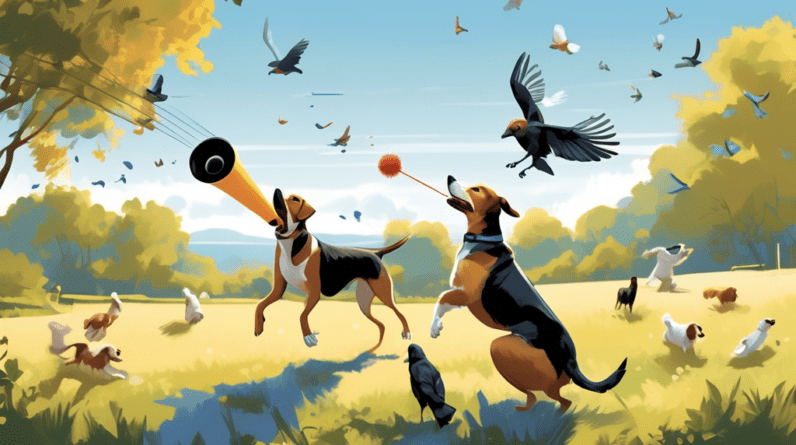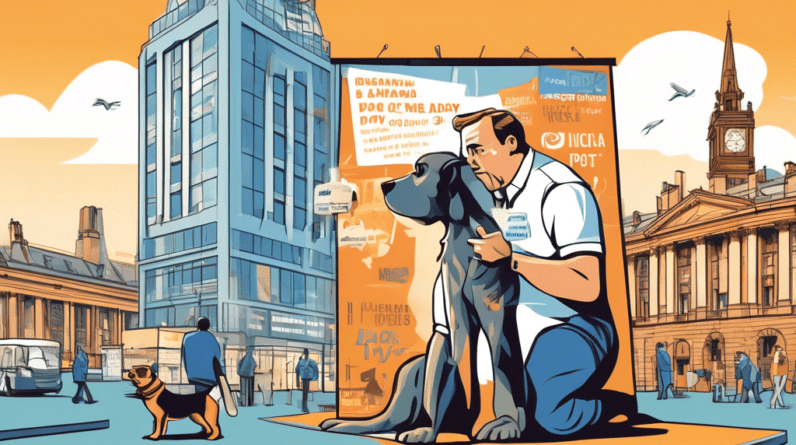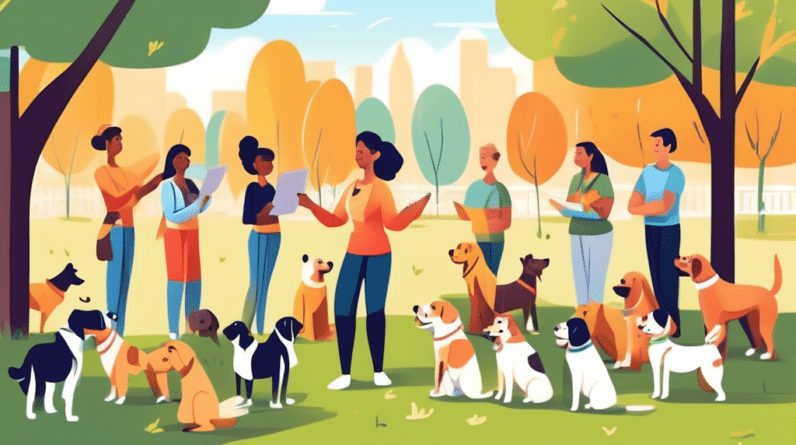
Introduction
Climate change is a significant and growing concern globally, with temperatures rising and weather patterns becoming increasingly erratic and extreme. This phenomenon has a significant impact on many species, with various ecological systems being disrupted. In particular, climate change has an adverse impact on dogs and their habitats, with potential consequences for the continued survival of these animals.
Definition
Climate change refers to the long-term alterations in the earth’s climate patterns due to human activities, primarily the emission of greenhouse gases, including carbon dioxide, methane, and nitrous oxide. These changes lead to the global warming of the earth’s atmosphere, resulting in more frequent and severe weather events, such as heatwaves, droughts, floods, and hurricanes.
Importance of Climate Change
The effects of climate change are becoming increasingly apparent worldwide, leading to a widespread recognition of its importance. Climate change has dramatic implications for the environment, including increased air and water pollution, species extinction, and the destruction of natural habitats. These consequences impact the planet’s inhabitants, including dogs, as they rely on their ecosystems for food and shelter.
Climate change effects on habitats
Climate change’s impact on habitats directly affects the survival of dogs and other animals living in these places.
Arctic zones
The Arctic is one of the regions most affected by climate change, with temperatures rising three times as fast as the global average. As a result, the polar ice caps are melting, forcing many species, including dogs, to adapt to the changing conditions or leave their habitats.
Forests
Forests are essential ecosystems that provide habitats for numerous animal species, including dogs. Climate change has led to increased wildfire frequency, changes in precipitation patterns, and forest dieback, resulting in habitat destruction and changes in flora populations.
Oceans
Oceans are critical ecosystems that support marine life across the globe. Climate change has led to increased oceanic temperatures, coral reef bleaching, and melting ice caps, changing habitat conditions for marine animals such as dogs.
Climate change effects on dogs
Climate change’s effects on dogs can be categorized into physical and behavioral changes.
Physical effects
The physical effects of climate change on dogs result from the altered weather patterns and increased temperatures.
Temperature
The rise in global temperatures impacts the body temperatures of animals, including dogs, leading to heat exhaustion and heatstroke.
Water availability
Climate change has led to significant reductions in water availability in some habitats, affecting dogs’ hydration and overall survival.
Air quality
Increased air pollution due to climate change adversely affects dogs’ respiratory systems, leading to allergies, asthma, and lung diseases.
Behavioral effects
Climate change may lead to behavioral changes in dogs due to the altered ecological conditions.
Migratory Patterns
Some species of dogs migrate seasonally, following food sources or breeding cycles. Climate change can alter the migratory patterns of these dogs, as changes in their food or habitat make these routes inaccessible.
Communication
Climate change may affect communication between dogs and other members of their species, leading to social isolation.
Adaptation
Temperature and habitat changes may prompt some dogs to alter their behaviors, including changes to their hunting, feeding, and locating strategies.
Ways to mitigate the effects of climate change on dogs
Mitigating climate change consequences on dogs and their habitats necessitates several actions.
Awareness and education
Raising awareness about the importance of confronting climate change and educating individuals on what they can do to alter their behavior is one way to mitigate its impact on dogs.
Changes in human behavior
Individual action can mitigate the impact of climate change on dogs’ habitats by reducing greenhouse gas emissions and supporting the development and application of less environmentally harmful practices.
Changes in dog culture
Altering dog culture to focus more on community support for species conservation and ecological initiatives can mitigate the impact of climate change on dogs.
Climate change has significant impacts on the world’s ecosystems, including dogs’ habitats. These effects include changes in weather patterns, habitat destruction, and the loss of key species across the globe. Understanding and mitigating the impact of climate change on dogs requires collective action, increased awareness, and change. It is vital to reduce greenhouse gas emissions, prioritize conservation efforts, and embrace more environmentally sustainable practices to ensure the continued survival of dogs and other species.

Frequently Asked Questions about the Impact of Climate Change on Dogs and Their Habitats
How does climate change affect dogs?
Climate change can affect dogs in many ways. Rising temperatures can make it difficult for dogs to regulate their body temperature and can increase the risk of heatstroke. Changing weather patterns can also bring severe weather events, such as hurricanes, which can be dangerous for dogs and their owners. Climate change can also impact the habitats of dogs and their prey, potentially leading to reduced food availability and changes in the distribution of disease vectors.
What can I do to help protect dogs and their habitats from the impact of climate change?
There are several steps you can take to help protect dogs and their habitats from the impact of climate change. One of the most important is to reduce your carbon footprint by using public transportation, eating a plant-based diet, and using energy-efficient appliances. You can also support conservation efforts and habitat restoration projects in your area. Additionally, it’s important to keep your dog safe during extreme weather events by having emergency plans in place and ensuring they have access to clean water and shelter.






